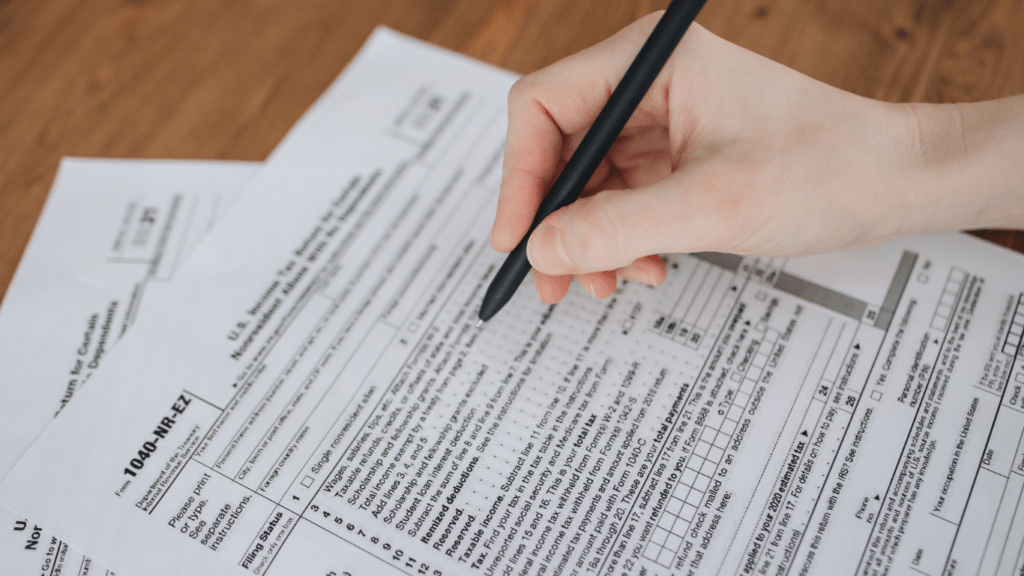This year has been pivotal for the fight against illegal gambling, with regulators stepping up their game like never before. As more people turn to online platforms for entertainment, the potential for unregulated and unsafe gambling practices has skyrocketed. I’ve watched as various authorities have launched significant crackdowns, aiming to protect consumers and maintain the integrity of the gaming industry.
From high-profile raids to hefty fines, these actions highlight the determined efforts to combat illegal operations. It’s not just about enforcing laws; it’s about creating a safe environment for players.
Join me as I explore the top regulatory crackdowns that have made headlines this year, showcasing the ongoing battle against illegal gambling and what it means for the future of the industry.
Overview of Illegal Gambling Regulations
Illegal gambling regulations aim to protect consumers and maintain industry integrity. Regulatory bodies across various jurisdictions have implemented specific laws addressing online and land-based gambling operations.
Key Regulatory Frameworks
- Federal Laws: Federal legislation, like the Unlawful Internet Gambling Enforcement Act (UIGEA), targets unlawful online gambling by prohibiting financial transactions associated with illegal bets.
- State Regulations: States enforce specific laws governing gambling activities. For instance, New Jersey and Nevada have robust frameworks that guide legal online betting, drastically contrasting states with stricter bans on gambling.
- Licensing Requirements: Operators must acquire licenses to conduct legal gambling activities. These regulations vary, with some states requiring extensive background checks and proof of financial stability.
Recent Developments in Regulations
- Increased Enforcement Actions: Regulatory agencies intensified efforts against illegal operators, conducting raids and imposing fines. Numerous arrests occurred in 2023, highlighting the seriousness of enforcement.
- Public Awareness Campaigns: Many jurisdictions launched campaigns to educate the public about illegal gambling risks. These initiatives aim to inform people about the dangers of unregulated betting platforms.
- Collaboration Between Agencies: Cooperation among federal, state, and local agencies has become crucial. Joint task forces focus on identifying and prosecuting illegal gambling operations, enhancing overall enforcement efficiency.
Ongoing Challenges
- Emerging Technologies: The rise of cryptocurrency and decentralized platforms complicates regulation. Regulators struggle to adapt existing laws to address these innovations effectively.
- Cross-Border Issues: Operators often exploit jurisdictional gaps, leading to enforcement challenges. International cooperation is vital to tackle illegal gambling that crosses borders.
- Market Demand: Growing consumer interest in online betting persists, fueling illegal operations. Regulatory bodies face the challenge of balancing consumer access with protection from illicit activities.
Key Regulatory Bodies Involved
Various regulatory bodies play crucial roles in the enforcement of gambling laws, ensuring compliance and addressing illegal gambling activities. Their collective efforts shape the landscape of the gaming industry.
Role of Federal Authorities
Federal authorities, such as the Department of Justice (DOJ) and the Federal Bureau of Investigation (FBI), oversee national regulations governing illegal gambling. The DOJ enforces laws like the Unlawful Internet Gambling Enforcement Act (UIGEA), targeting operators engaging in unlawful wagering.
The FBI conducts investigations and collaborates with state agencies to dismantle illegal gambling networks and prevent organized crime involvement. Together, these federal agencies coordinate significant crackdowns to maintain oversight and ensure a fair gaming environment across the country.
State Regulation Variances
State regulations regarding gambling fluctuate significantly across the U.S., reflecting diverse policies and enforcement priorities. For instance, states like New Jersey and Nevada have established comprehensive regulatory frameworks that promote licensed online gambling while addressing consumer protection.
In contrast, states such as Utah impose stricter bans, criminalizing virtually all forms of gambling. These variances create challenges for regulators as they pursue uniform enforcement strategies while adapting to unique state-specific laws.
The interaction between federal and state regulations complicates the enforcement landscape, highlighting the need for ongoing collaboration among regulatory bodies.
Impact on the Gambling Industry
Increased regulatory crackdowns on illegal gambling have significant consequences for both operators and gamblers. These developments reshape the industry landscape, directly affecting how stakeholders engage with gambling activities.
Effects on Operators
Operators face heightened scrutiny, with many unlicensed businesses shutting down. In 2023, enforcement actions led to the closure of over 30 illegal gambling establishments across several states.
Significant fines, totaling more than $3 million, impacted non-compliant operators, pushing them to either adapt to legal frameworks or exit the market. Established operators benefit from reduced competition as illegal entities diminish, strengthening their market positions.
Adaptation to stricter regulations often involves investing in compliance measures, leading to increased operational costs. Furthermore, these regulations promote a safer environment for consumers, enhancing public trust in licensed operators.
Implications for Gamblers
Gamblers experience both challenges and benefits due to regulatory actions. Enhanced awareness campaigns educate players about legal gambling options, reducing the likelihood of falling victim to illegal operations.
While illegal sites may offer attractive incentives, the risks associated with unregulated betting can lead to financial losses and potential fraud. Legal frameworks also provide protections, such as dispute resolution processes and secure gaming environments.
In states with stricter regulations, access to illegal gambling sites declines, which can limit options for users. However, regulated platforms often present a wider range of safe gambling activities, promoting responsible play and consumer protection.
Future Outlook on Gambling Regulations
Future gambling regulations will likely focus on comprehensive frameworks to adapt to emerging technologies like cryptocurrencies and blockchain. Cross-border collaboration, AI-driven monitoring, and consumer protection initiatives will play key roles in ensuring fairness, safety, and effective regulation in the evolving landscape.





